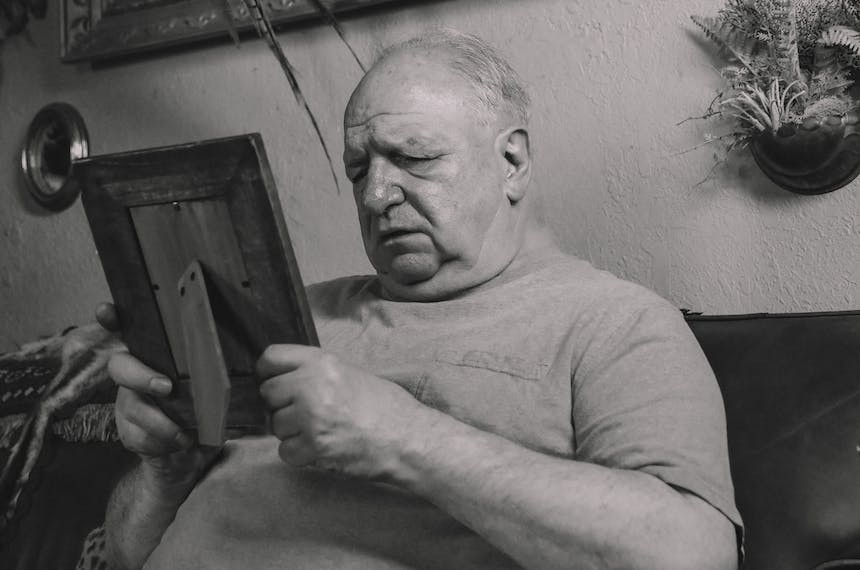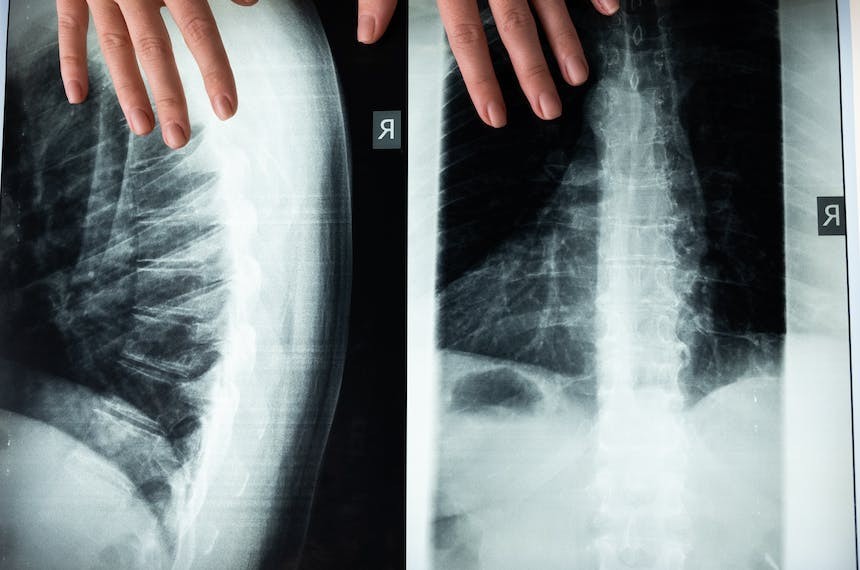
Huntington Disease
This article provides a detailed overview of Huntington's disease (HD), an inherited progressive neurodegenerative disorder. It outlines the genetic basis of HD, its clinical features including chorea, cognitive impairment, and psychiatric symptoms, and emphasizes the lack of a cure or disease-modifying treatment. The article discusses a range of therapeutic approaches focusing on symptom management, encompassing multidisciplinary care, pharmacological treatments for various symptoms, and the importance of palliative care.
Genetic Basis and Clinical Manifestation of Huntington Disease
Huntington disease (HD) is an inherited progressive neurodegenerative disorder caused by an expansion of the CAG trinucleotide in the huntingtin gene. Clinically, HD is characterized by chorea, dementia, and psychiatric illness. The cognitive impairment feature of HD is executive dysfunction, and psychiatric symptoms include irritability, depression, and psychosis.
Treatment Approaches for HD
There is no cure or disease-modifying treatment for HD. Therapy is focused on symptom management and supportive care to improve the patient's quality of life. Multidisciplinary care involving various specialists is crucial.
Management of Chorea in HD
Management of chorea includes non-pharmacological interventions and pharmacological therapy with dopamine depleting agents such as tetrabenazine or deutetrabenazine. Antipsychotic drugs like risperidone, olanzapine, and aripiprazole may be beneficial for chorea associated with agitation and psychosis.
Cognitive Impairment and Dystonia Management
Cognitive impairment and dementia might respond to cholinesterase inhibitors like donepezil, galantamine, or rivastigmine. Non-pharmacological options for dystonia include physical and occupational therapy, while pharmacological treatment includes baclofen and botulinum toxin injections.
Approach to Bradykinesia, Rigidity, and Psychosis
Bradykinesia and rigidity generally do not require treatment, and pharmacological treatment of chorea may worsen these symptoms. For psychosis, quetiapine and olanzapine may be helpful.
Importance of Palliative Care in HD
Palliative care is vital in HD as it focuses on relieving suffering and supporting the best possible quality of life for patients and their families. Advance care planning is also an important aspect of care.
References
- Paulsen JS, Miller AC, Hayes T, Shaw E. Cognitive and behavioral changes in Huntington disease before diagnosis. Handb Clin Neurol. (2017) 144:69–91.
- Barbeau A. L-dopa and juvenile Huntington's disease. Lancet. (1969) 2:1066.
- Quinn L, Busse M. Physiotherapy clinical guidelines for Huntington's disease. Neurodegener Dis Manage. (2012) 2:21–31.
- Rao AK, Muratori L, Louis ED, Moskowitz CB, Marder KS. Spectrum of gait impairments in presymptomatic and symptomatic Huntington's disease. Mov Disord. (2008) 23:1100–7.
- Rosenblatt A. Overview and principles of treatment. In: A Physician's Guide to the Management of Huntington's Disease, 3rd ed. (2011) p.5-15.
- Klimek ML, Rohs G, Young L, et al. Multidisciplinary approach to management of a hereditary neurodegenerative disorder: Huntington disease. Axone 1997; 19:34.
- Piira A, van Walsem MR, Mikalsen G, Øie L, Frich JC, Knutsen S. Effects of a two-year intensive multidisciplinary rehabilitation program for patients with Huntington's disease: a prospective intervention study. PLoS Curr. (2014)
- Priller J, Ecker D, Landwehrmeyer B, Craufurd D. A Europe-wide assessment of current medication choices in Huntington's disease. Mov Disord. (2008) 23:1788.
- Bonelli RM, Wenning GK. Pharmacological management of Huntington's disease: an evidence-based review. Curr Pharm Des 2006; 12:2701.
- Mestre T, Ferreira J, Coelho MM, et al. Therapeutic interventions for disease progression in Huntington's disease. Cochrane Database Syst Rev 2009; :CD006455.
- Heckmann JM, Legg P, Sklar D, et al. IV amantadine improves chorea in Huntington's disease: an acute randomized, controlled study. Neurology 2004; 63:597.
- Cubo E, Shannon KM, Tracy D, Jaglin JA, Bernard BA, Wuu J, et al. Effect of donepezil on motor and cognitive function in Huntington disease. Neurology. (2006) 67:1268–71.
- Petrikis P, Andreou C, Piachas A, et al. Treatment of Huntington's disease with galantamine. Int Clin Psychopharmacol 2004; 19:49.
- Paulsen JS. The cognitive disorder. In: A Physician's Guide to the Management of Huntington's Disease, 3rd ed. (2011) p.51.
- Glass DM, Steinberg M, Leroi I, Lyketsos CG. Successful multimodality treatment of severe behavioral disturbance in a patient with advanced Huntington's disease. Am J Psychiatry. (2001) 158:1966–72.
- Bonelli RM, Niederwieser G, Diez J, et al. Pramipexole ameliorates neurologic and psychiatric symptoms in a Westphal variant of Huntington's disease. Clin Neuropharmacol 2002; 25:58.
- Alpay M, Koroshetz WJ. Quetiapine in the treatment of behavioral disturbances in patients with Huntington's disease. Psychosomatics 2006; 47:70.
- Miyasaki JM. Palliative care in Parkinson's disease. Curr Neurol Neurosci Rep 2013; 13:367.





